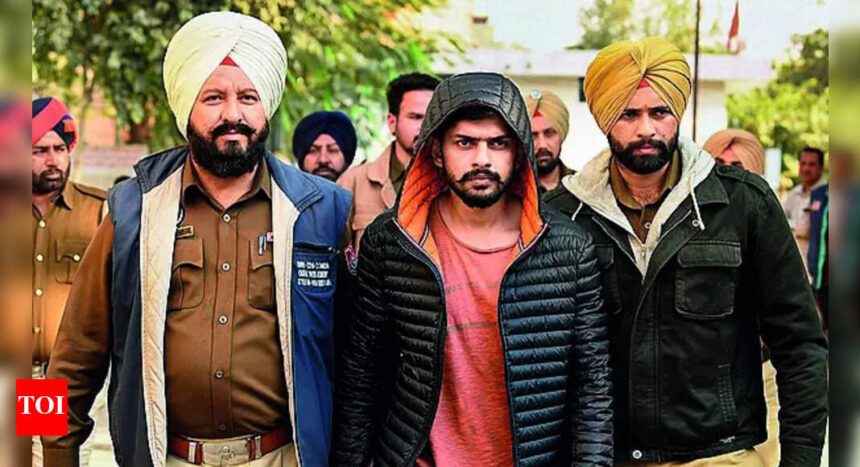NEW DELHI: The Canadian government has officially designated the Lawrence Bishnoi syndicate as a “terrorist entity” as of Monday. This classification, following claims by the Royal Canadian Mounted Police (RCMP) that Bishnoi contracted the killers of pro-Khalistan figure Hardeep Singh Nijjar, enables Canadian law enforcement to prosecute gang-related offences including financing, travel, and recruitment. Consequently, any assets owned by the Bishnoi group in Canada—such as property, vehicles, and financial holdings—can be frozen or seized.
This development occurs amid a significant crackdown by Indian authorities on the gang, which has resulted in several of its alleged members being killed or injured in police encounters. The designation highlights the influence of pro-Khalistani Sikh groups within Canada, who allege that Bishnoi orchestrated Nijjar’s murder at the behest of Indian agencies.
On the same day, India’s External Affairs Minister S. Jaishankar met with Canadian Foreign Minister Anita Anand in New York. In a controversial statement in 2023, former Canadian Prime Minister Justin Trudeau asserted that Canada possessed “credible evidence” implicating Indian agents in Nijjar’s murder in British Columbia that June.
Under the newly imposed terrorist designation, it becomes illegal for anyone in Canada—or Canadians abroad—to knowingly engage with property owned or controlled by the Bishnoi group. Additionally, it is a criminal offence to provide property with the knowledge that it will benefit a terrorist group. Canadian immigration and border officials can now use this designation to influence decisions regarding the admissibility of individuals under the Immigration and Refugee Protection Act.
The government stated that “the Bishnoi gang is a transnational criminal organization operating primarily out of India,” noting its presence in Canada particularly in areas with significant diaspora communities. The gang reportedly engages in various criminal activities, including murder, shootings, and extortion, which instill insecurity within these communities by targeting prominent members and local businesses.
This is the second instance of an Indian criminal gang being designated a terrorist entity by a foreign government, following Dawood Ibrahim, the mastermind behind the 1993 Mumbai bombings, who was designated a terrorist by both the United Nations and the United States.
Currently, Lawrence Bishnoi is incarcerated in Sabarmati jail in Gujarat, while his associates Goldy Brar and Rohit Godara continue to manage the gang’s operations, claiming to operate independently. The recent designation is believed to be a response to a string of recent murders linked to the gang. Among these incidents are the shootings of a businessman named Harjeet Dhadda in May in Mississauga, Ontario, and the killings of two additional businessmen in British Columbia and Brampton the following month.










